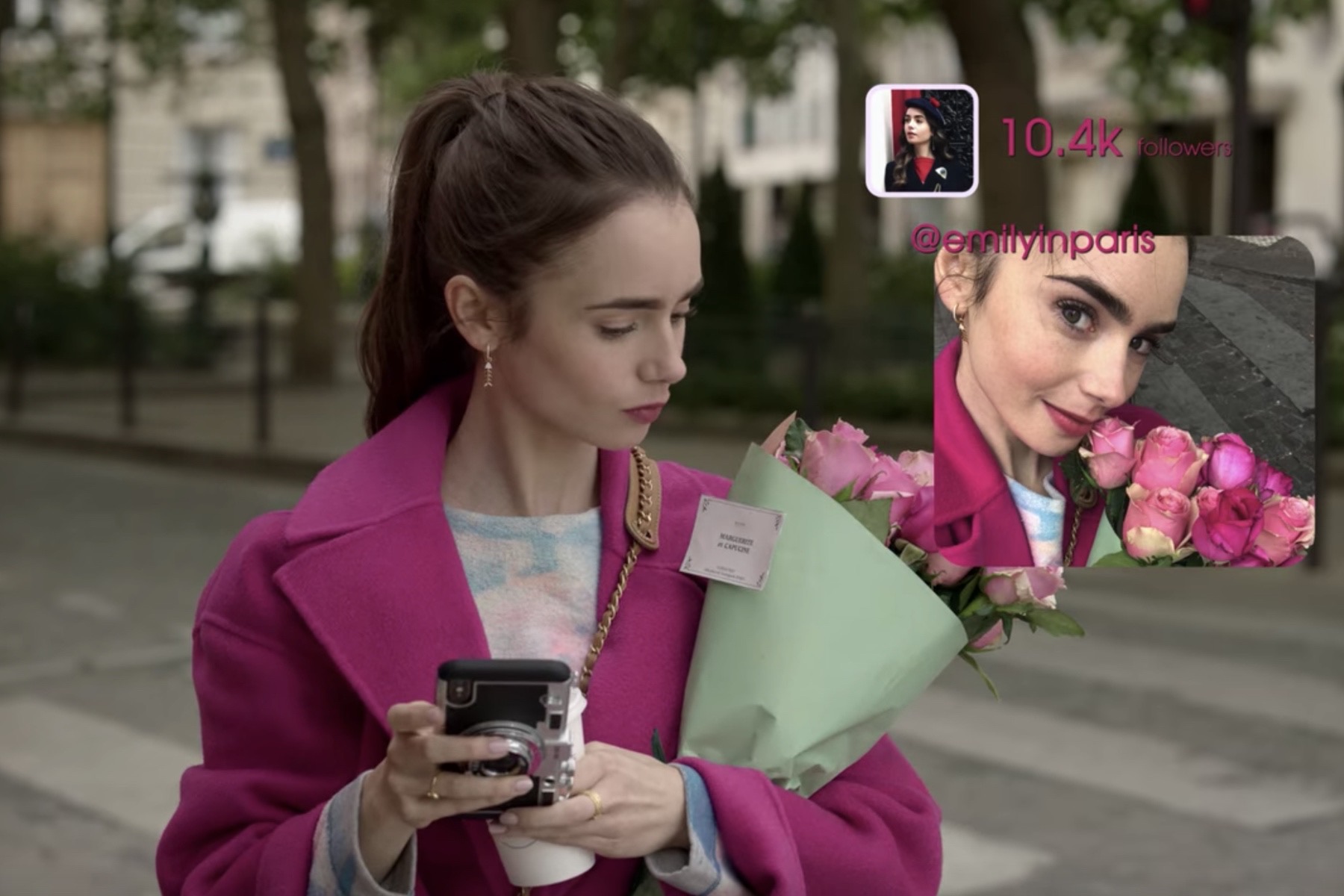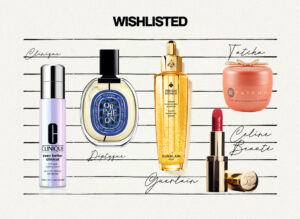While there is a long list of examples of why TikTok could benefit certain users or brands, the multi-use app (at the same time), may or may not contribute to the user or brands’ own downfall.
Over the past few years, the platform has transformed into a hub for fashion and beauty connoisseurs and a profitable platform for entrepreneurs to gain popularity, thanks to its easy-to-use interface and fast-paced features.
However, the issue with trends on TikTok is that it encourages overconsumption and overspending by specific influencers or brands to stay relevant. It backed fast-fashion and fast-beauty businesses, which resulted in the creation of niche trends and wasteful spending habits.
@overcoming_overspending here for another ✨deinfluencing✨ moment #deinfluencing #deinfluencer #deinfluence #overspending #overspendingmoney #consciousconsumer #moneytok #moneycoachforwomen #savemoneytips #spendless #shoppingaddict #compulsiveshopping #compulsiveshopper #creditcarddebt #debtfree #impulsebuying #impulseshopping ♬ original sound - Paige | Spending Coach
@lcgirard do u really want it or do u just want to be the person u think you’ll magically turn into when it arrives (@ me, too) #deinfluencing #primeday #shopsmarter #mindfulconsumption ♬ original sound - Laura • body friendly fitness
But that’s all about to change. In middle-to-late of 2023, a burgeoning movement has taken over TikTok. The platform is calling out to the masses to change spending habits and adopt a more sustainable approach to consumerism. Instead of ‘’influencing’’ viewers to buy the newest beauty product, TikTok content creators encourage us to think twice before succumbing to quick fashion cycles and mass culture—known as ‘’de-influencing’’.
Under the hashtag #deinfluencing and #antihaul, TikTok content creators are sharing their suggestions for overcoming the temptation of impulsive buying and becoming more conscientious. The hashtags now amassed over 1.3 billion views.
For example, user @alyssastephanie advised her followers not to purchase Olaplex No. 4 and No. 5, stating, “This is a cult product that I hate.” @katiehub.org, another TikTok user dismissed the viral Dior Lip Glow Oil, telling her followers, “Just because you put attractive packaging over garbage doesn’t mean it’s not still garbage.”
@alyssastephanie I recently went viral on here for sharing a video "de-influencing" people from buying popular (and usually incredibly expensive) viral products. This has opened up a can of worms on the irony of the term "de-influencing" since a lot of these creators, including myself, are sharing lower cost dupes of the items. So, it's really not... de... influencing? As somebody that has worked in marketing, and influencer marketing, for the last 6 years, I feel like I have an interesting inside knowledge on the industry, the budgets and the insane contracts, NDAs and agreements between brands and influencers. I'm curious to see if this "de-influencing" trend I'm part of changes the way that brands start to work with influencers across social media. Consumers are craving authenticity and truth, especially as we enter a recession in the US. No longer can people afford high cost makeup items when they can barely afford to put gas in their car. But people still want to fit in, feel like they're part of something bigger and trendy. Are the days of "we'll pay you 10k to speak highly and positively of this product you've never even tried before" over? #deinfluencing #antihaul #deinfluencingmakeup #deinfluencingtrend #viralproducts ♬ original sound - Alyssa ✨
@sadgrlswag De-influencing you, no more over consumption or else 💣💥! 😡😤 #GenshinImpact34 ♬ original sound - Estef
While the movement is receiving a huge number of support from the people, some believe that the de-influencing trend on TikTok is a shady method for influencers to exercise their influencing skills. But most, agree that it is a much-needed counter-push to materialism and the continual desire to keep up with the latest trends.
Above all, TikTok’s de-influencing era indicates a demand for influencer honesty, sincerity and openness. Whether they use their platform to promote their image or not, it’s definitely a trend worth noting.










